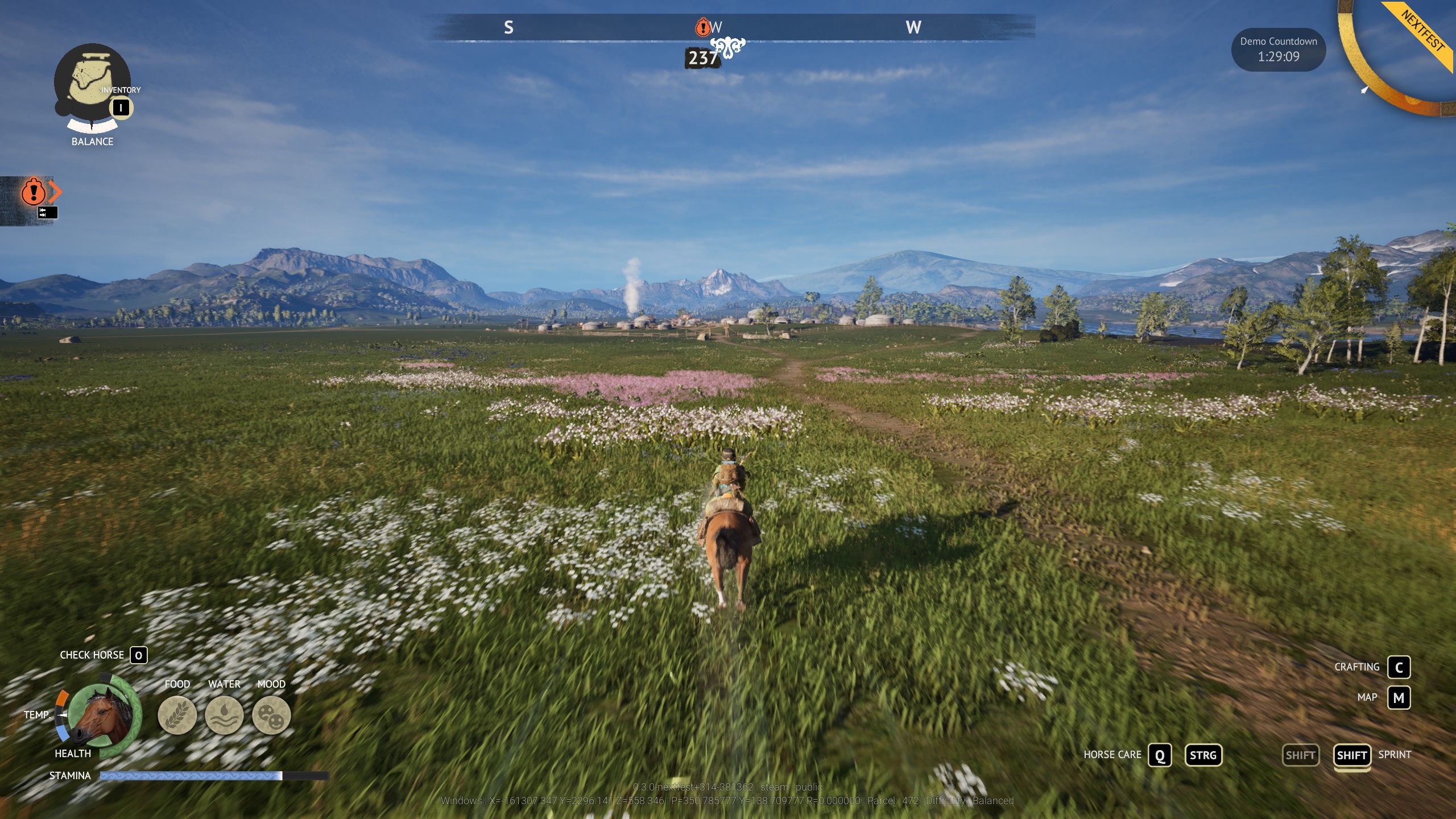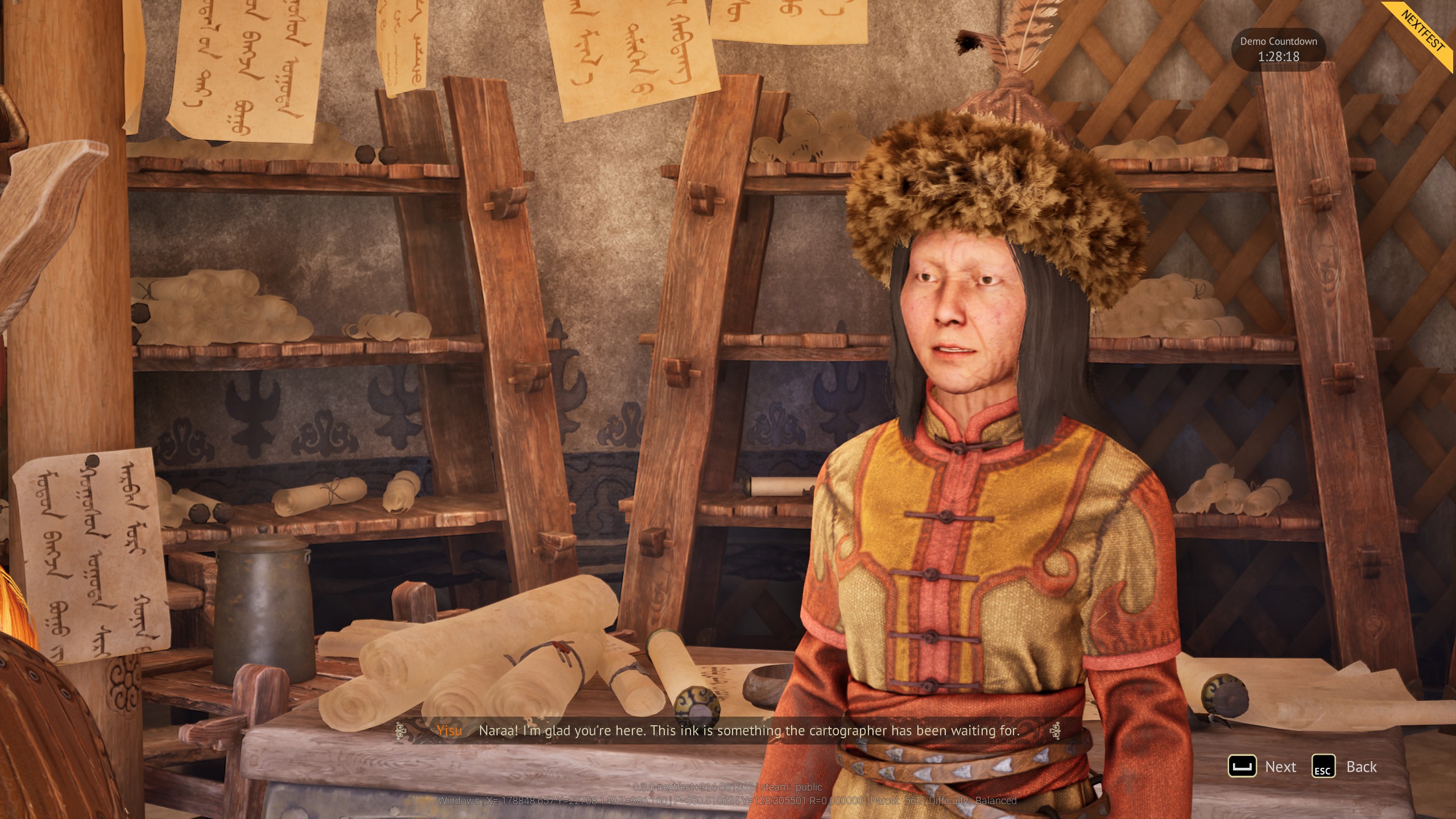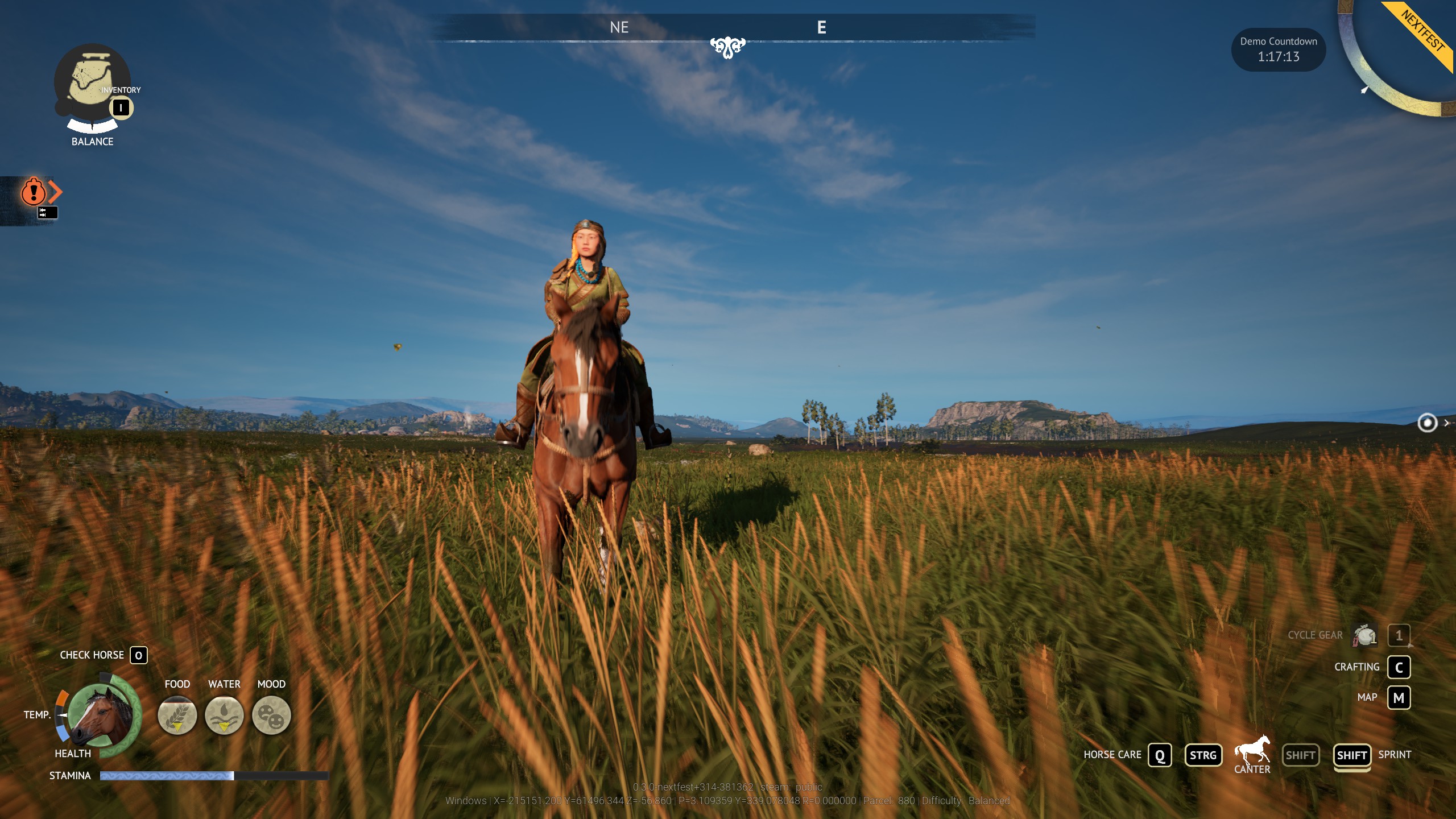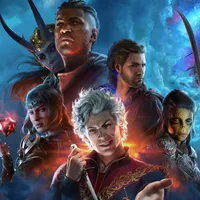'Death Stranding, but Norman Reedus is a horse in 13th-century Mongolia' is the pitch for this demo with the most detailed steed mechanics I've ever seen
Be right back taking a quick course on horse genetics.

Keep up to date with the most important stories and the best deals, as picked by the PC Gamer team.
You are now subscribed
Your newsletter sign-up was successful
Want to add more newsletters?

Every Friday
GamesRadar+
Your weekly update on everything you could ever want to know about the games you already love, games we know you're going to love in the near future, and tales from the communities that surround them.

Every Thursday
GTA 6 O'clock
Our special GTA 6 newsletter, with breaking news, insider info, and rumor analysis from the award-winning GTA 6 O'clock experts.

Every Friday
Knowledge
From the creators of Edge: A weekly videogame industry newsletter with analysis from expert writers, guidance from professionals, and insight into what's on the horizon.

Every Thursday
The Setup
Hardware nerds unite, sign up to our free tech newsletter for a weekly digest of the hottest new tech, the latest gadgets on the test bench, and much more.

Every Wednesday
Switch 2 Spotlight
Sign up to our new Switch 2 newsletter, where we bring you the latest talking points on Nintendo's new console each week, bring you up to date on the news, and recommend what games to play.

Every Saturday
The Watchlist
Subscribe for a weekly digest of the movie and TV news that matters, direct to your inbox. From first-look trailers, interviews, reviews and explainers, we've got you covered.

Once a month
SFX
Get sneak previews, exclusive competitions and details of special events each month!
I was a little late, but I finally got into Death Stranding earlier this year. Reader, it seized me and wouldn't let go. Not because I had any idea what was going on (I didn't), but because I discovered that, deep in the recesses of my heart, I yearn for nothing more than to be a postman.
Well, I can feel the old Yearn To Deliver a-calling again, friends. I've been playing a bit of the Steam Next Fest demo for The Legend of Khiimori, which is a lot like Death Stranding, but with a non-Sony budget and you control a beautiful steed (Mongolian horses, about which the game goes into literally medical detail) instead of a beautiful steed (Norman Reedus).
You're a Yam courier, in essence a kind of hardy, 13th-century Mongolian postwoman/scout whose community role is 'has horse, will travel'. You're a traveller-by-trade that communities dotted about the map (no strangers to long journeys on horseback themselves: this is literally medieval-era Mongolia) enlist to carry goods and messages, find missing things, or just go roaming after their absconded family members, who really ought to be back from hunting by now.
But really, pay attention to that horse. In the time I've spent with it, The Legend of Khiimori demands a level of attention for your horse that I normally associate with hardcore sim racers and cars—the 'horse' section of your menu is broken down into four distinct submenus:
- Your mount's stats, stuff like turning speed in degrees per second and max speed to three decimal places.
- Breed
- Genetics
- Perk progression
It's fantastic. This is a game clearly made by absolute horse sickos, and indeed Alice Ruppert—of The Mane Quest fame and to whom we at PCG have chatted before—was formerly creative producer on the game and now serves as a consultant. It makes me wonder that, for all the videogame horses out there, I've never seen games really model all this detail before, even ones that emphasise their historical realism like Kingdom Come: Deliverance.
Anyway, it turns out that horses are really bloody sensitive. Carrying a heavy load? Make sure to distribute it evenly between your two saddlebags so you don't make your poor steed more prone to stumbling and injury. Make sure to keep their health up, their bellies full, and to lead them every so often to water. Where you can, it turns out, make them drink. Avoid mud, and if you absolutely must trudge through it then try not to go any faster than a trot—you don't want your steed to trip and hurt themselves.
Again, the Death Stranding parallels are strangely remarkable. It's just that instead of caring about the precise placement of Norman Reedus' legs and the weight amassed on his back, you're transferring that obsessive attention to detail onto your horse.
Keep up to date with the most important stories and the best deals, as picked by the PC Gamer team.
Although I guess you couldn't flip to a menu that showed you the exact makeup of Reedus' genetics in order to breed newer, more perfect Reedi like you can with your mount in Khiimori. I don't know what any of these genetic markers mean but I do know I'm going to make it my life's goal to breed Les Enfants Terribles of 13th-century Mongolian horses.
It's a refreshing thing, especially given the total absence of any combat in what I've tried of the game so far (though there are wolves and bears about, and I do have a bow) and I could easily see myself getting sucked into The Legend of Khiimori's really quite lovely Mongolian steppe when the early access release hits on November 4. Neither snow nor rain nor heat nor—well, actually, snow would be really bad for my horse's grip. Your delivery's been delayed by a week.
Correction: The original version of this article said The Legend of Khiimori's full version released on November 4. It is in fact the early access version. We regret the error.
2025 games: This year's upcoming releases
Best PC games: Our all-time favorites
Free PC games: Freebie fest
Best FPS games: Finest gunplay
Best RPGs: Grand adventures
Best co-op games: Better together

One of Josh's first memories is of playing Quake 2 on the family computer when he was much too young to be doing that, and he's been irreparably game-brained ever since. His writing has been featured in Vice, Fanbyte, and the Financial Times. He'll play pretty much anything, and has written far too much on everything from visual novels to Assassin's Creed. His most profound loves are for CRPGs, immersive sims, and any game whose ambition outstrips its budget. He thinks you're all far too mean about Deus Ex: Invisible War.
You must confirm your public display name before commenting
Please logout and then login again, you will then be prompted to enter your display name.





